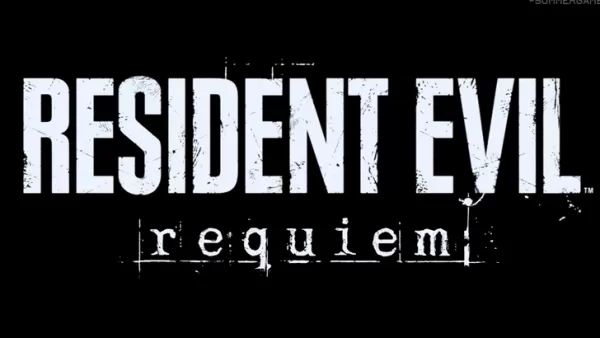Netflix CEO Ted Sarandos has boldly stated that the streaming giant is "saving Hollywood," emphasizing the shift away from traditional theatergoing, which he believes is becoming an outdated concept for many. Speaking at the Time100 Summit, Sarandos argued that despite the exodus of production from Los Angeles, the shrinking theatrical window, declining cinema experiences, and inconsistent box office performances, Netflix remains a beacon for the industry. "No, we’re saving Hollywood," he asserted, highlighting Netflix's consumer-centric approach. "We deliver the program to you in a way you want to watch it."
Addressing the decline in box office sales, Sarandos posed a rhetorical question: "What is the consumer trying to tell us? That they’d like to watch movies at home." While he expressed a personal fondness for the theater experience, he also suggested that it's becoming less relevant for the general public. "I believe it is an outmoded idea, for most people," he remarked, "Not for everybody."
Given Netflix's position in the streaming market, Sarandos's views align with the company's interests in promoting streaming over traditional cinema visits. Hollywood's challenges are evident, with family-oriented films like "Inside Out 2" and video game adaptations like "A Minecraft Movie" bolstering the industry, while even Marvel's once-reliable blockbusters now face uncertain success.
The debate over the relevance of cinema-going continues. Last year, actor Willem Dafoe lamented the shift to home viewing, calling it "tragic" because it lacks the focused attention and social engagement that cinemas offer. "More difficult movies, more challenging movies cannot do as well when you don’t have an audience that’s really paying attention," Dafoe explained. He missed the communal aspect of cinema, where movies spark conversations and social outings, contrasting with the casual, often distracted viewing at home.
In 2022, filmmaker Steven Soderbergh shared his perspective on the future of movie theaters amidst the rise of streaming. He acknowledged the enduring appeal of the cinematic experience but stressed the importance of engaging younger audiences to sustain the industry. "There's still an appeal to seeing a movie in a movie theater," Soderbergh said. "It's still a great destination." He emphasized the need for thoughtful programming and engagement to keep theaters relevant, noting that the future of cinema depends on attracting older audiences as well, and not merely on the timing of releases between theaters and home viewing.

 LATEST ARTICLES
LATEST ARTICLES 












